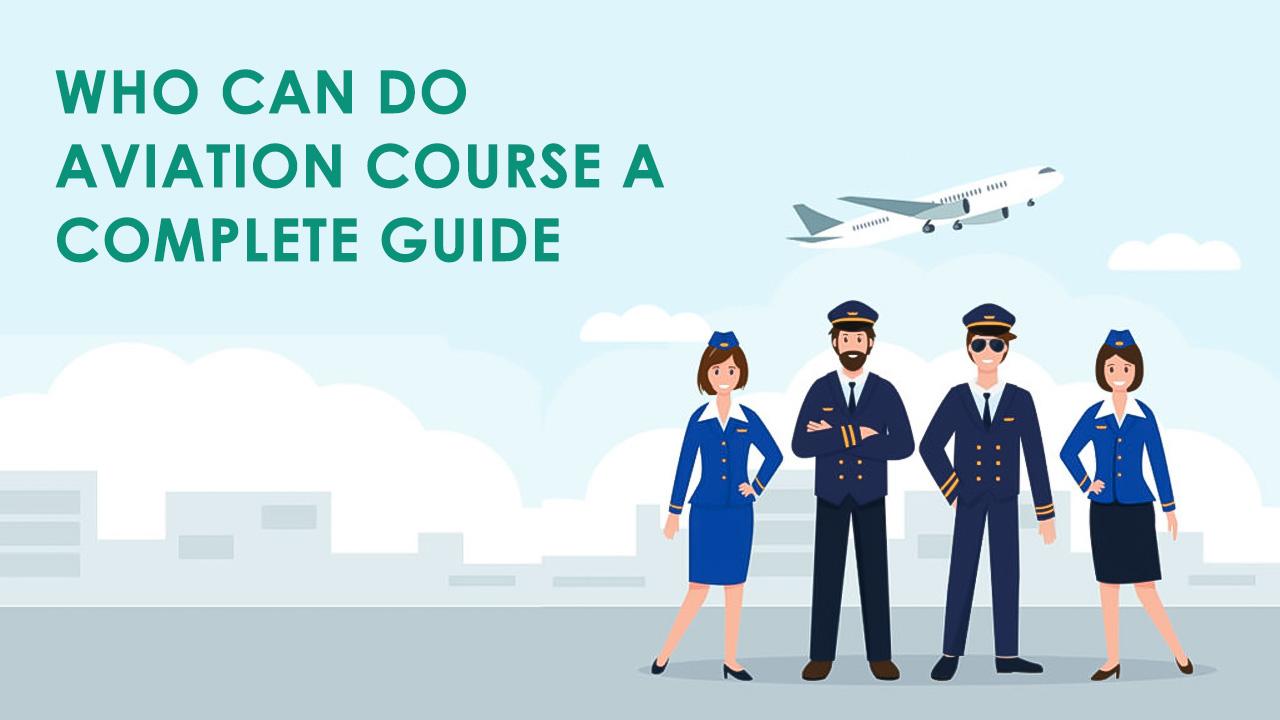
Do you think flying is beautiful? Do you ever feel like drifting about in clouds, discovering unknown lands, or helping in the development of air travel? If so, you may find the best trip within an aviation course. Let’s break down who can do aviation courses, aviation management in Jaipur is always present for your assistance as well.
The eligibility criteria would differ with institutions and the kind of course; however, a general guideline is as follows.
Age: One generally needs to be at least 17 years old for an aviation course.
Education: Usually, a bachelor’s degree in high school or equivalent is required. In engineering or technical fields, a bachelor’s degree would be required.
This includes critical physical attributes such as acute sight, acute hearing, and robust health, especially during training to fly. In most cases, there is a medical check to ensure that the person is fit for purpose.
Personal Qualities: The critical qualities would include a real passion for flying, strong exceptional problem-solving ability, and the potential to do great wonders under pressure.
Programs in the aviation industry are quite varied, covering different interests and aspirations.
The career options in the aviation industry range from being a pilot to having technical careers:
Perhaps the most available route to becoming a pilot is through flight training, which could contain both theoretical studies and also practical flying practice. Among common topics covered in the course are aerodynamics, aircraft systems, navigation, meteorology, and air traffic management.
For the techie and the engineer, careers in aviation are really exciting. Aerospace engineers design and develop aircraft as well as spacecraft, and systems related to them. Maintenance-minded engineers see that these flying machines are safe to fly and flight-worthy. Air traffic control is a foundation to over oversee air traffic and ensure an efficient and safe aircraft operation.
Aircraft management professionals are those who become senior managers to any of the airlines, airports, or organizations in aviation with varying specializations from finance, marketing, human resources, and even operations.
The future of the aviation industry is yet to come, considering current development technologies on the environment, automation, and so many others. Besides, the ever-rising demand for air travel throughout the world provides various opportunities for practitioners in the aviation industry and the Aviation Training Institute in Jaipur is always present here to help you with the concepts of airline management as well.
Aviation is an interesting challenging profession. Dreams about flying high, designing state-of-the-art aircraft, or merely managing air events will all have a way to reach one of your dreams. It might start with thinking of what it is that you want to do and what you would like to become in this industry; weigh up your likes, aspirations, and needs for a secure and safe career you can also enrol in Aviation courses after 12th in Jaipur as well for making your future very bright as well.